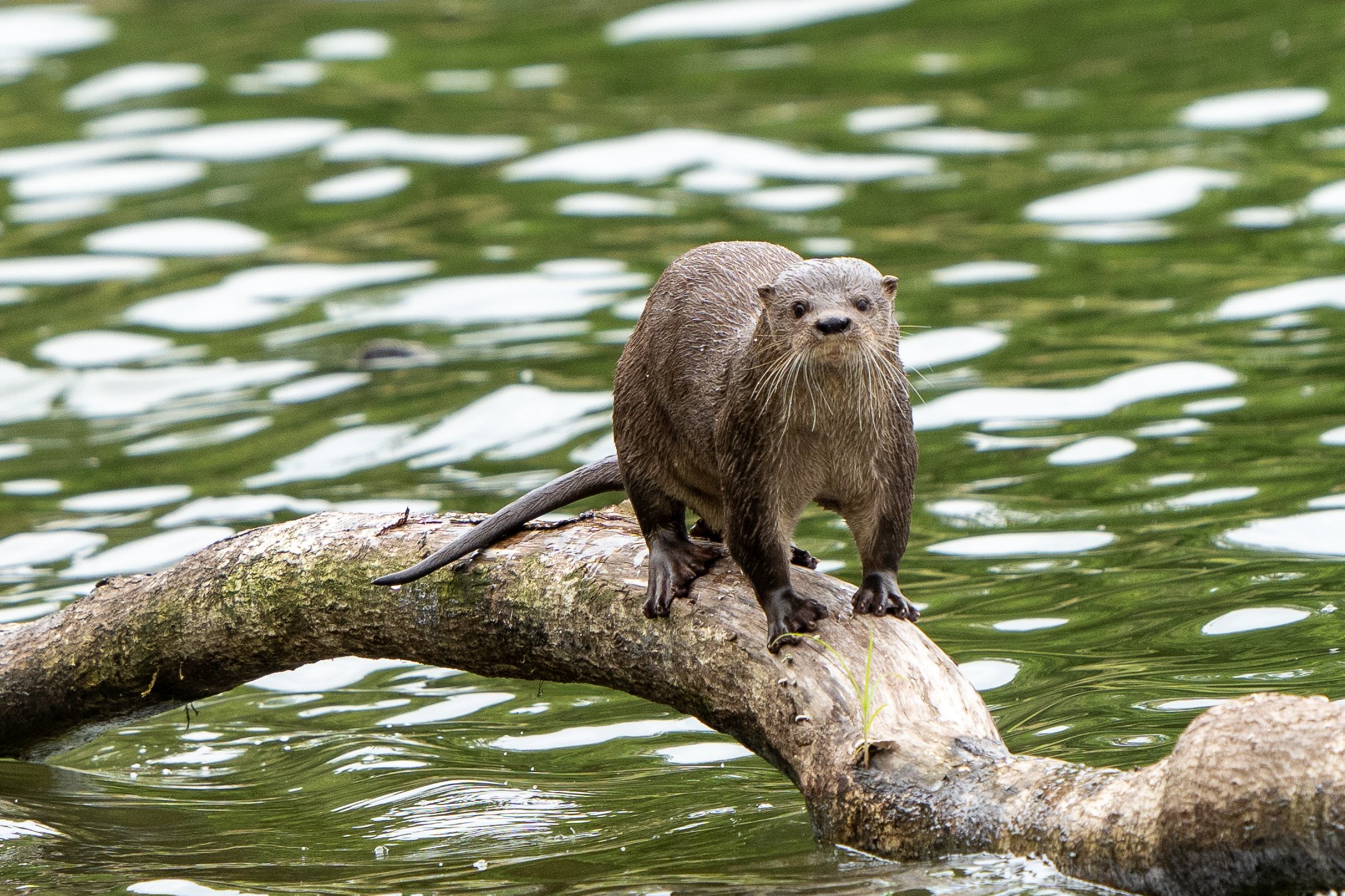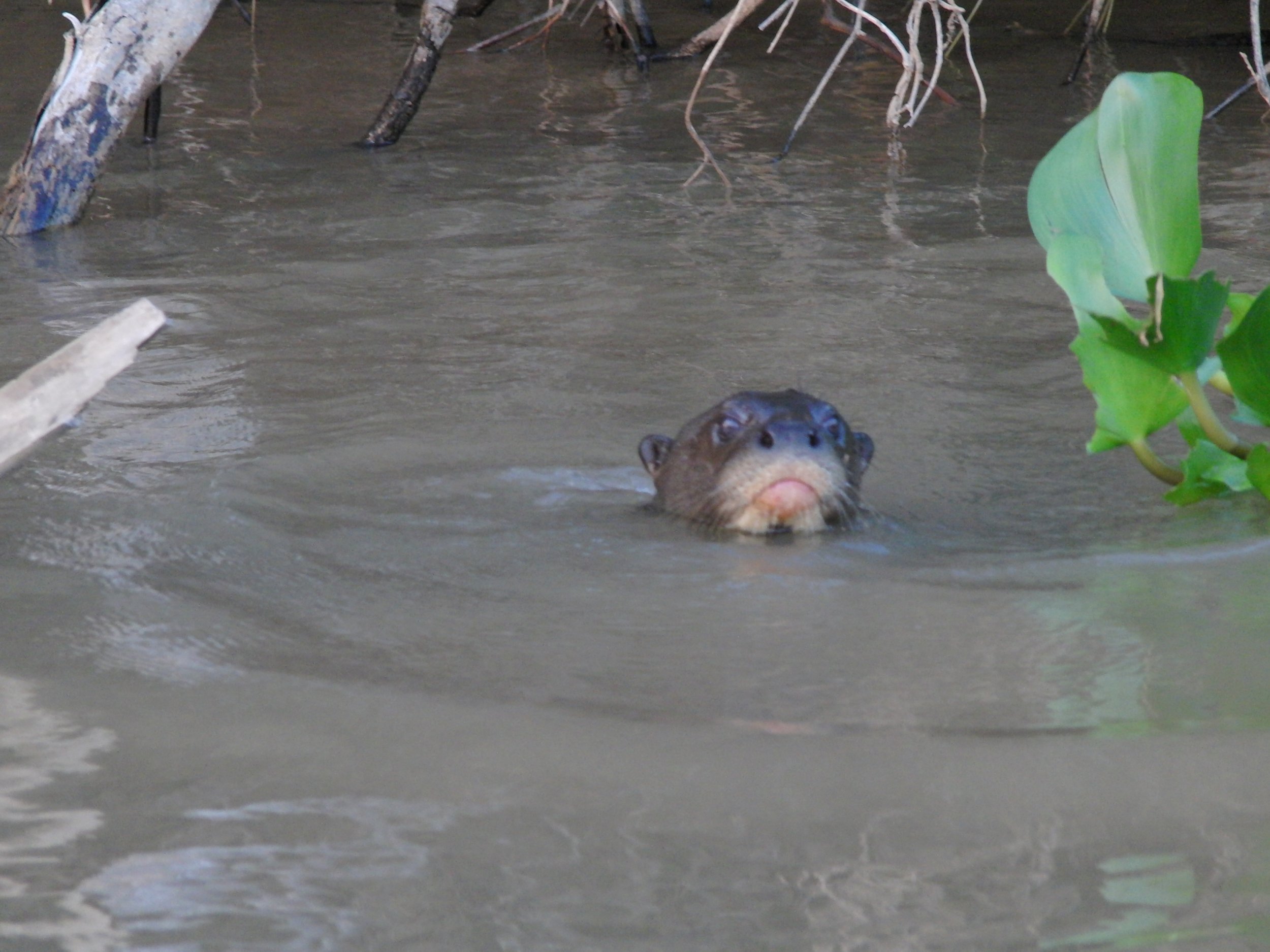Central and South America

Central America
Central America is home to three species of otter listed below.
The first two, can only be found in Mexico and in the northern parts of the country, close to the border with the USA. They are found in very isolated populations with this country:
North American River Otter (Lontra canadensis) Conservation Status - Least Concern
Sea otter (Enhydra lutris) Conservation status – Endangered
The third can be found across all countries in central America.
Mesoamerican Otter (Lontra annectens) Conservation status - Undetermined.
Although widespread throughout the region, some countries, such as Mexico and Costa Rica have some base knowledge and publications have been produced. However, in other countries, such as Honduras, Nicaragua and Belize, there is very little information, studies or literature on otters. It is important to gain a better understanding of otters in the region.
Neotropical Otter (Lontra longicaudis) - This species in only found in Trinidad and Tobago, the only Carribean Island nation to have native otters.
©Vincent Lo

South America
South America is rich in biodiversity and has four species of otter listed below.
Giant Otter (Pteronura brasiliensis) Conservation status - Endangered
Neotropical Otter (Lontra longicaudis) Conservation status - Near-threatened
Southern River Otter (Lontra provocax) Conservation status - Endangered
Marine Otter (Lontra felina) Conservation status – Endangered
Mesoamerican Otter (Lontra annectens) Conservation Status - Undetermined
The Neotropical Otter, which ranges south of the Andres and throughout much of South America, and the Giant Otter which inhabits the Amazon rainforest from the north of Uruguay to Colombia. The Southern River Otter and Marine Otter are much more restricted in their range. The Mesoamerican otter can be found in Colombia and Venezuela, above the Andean mountain range which offers a natural barrier between the Mesoamerican and the Neotropical otter.
©Burak Dogansoysal

About otters
Learn more about otters, how and where they live and why they are so precious.






















